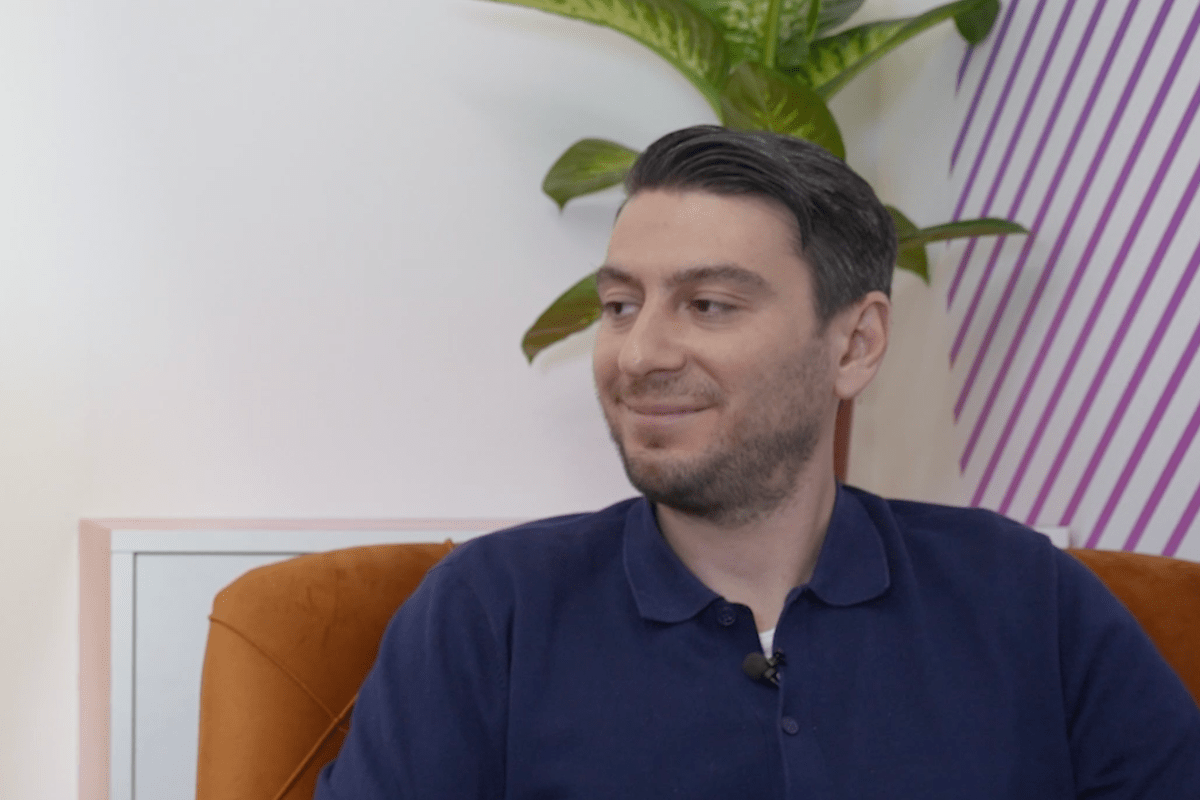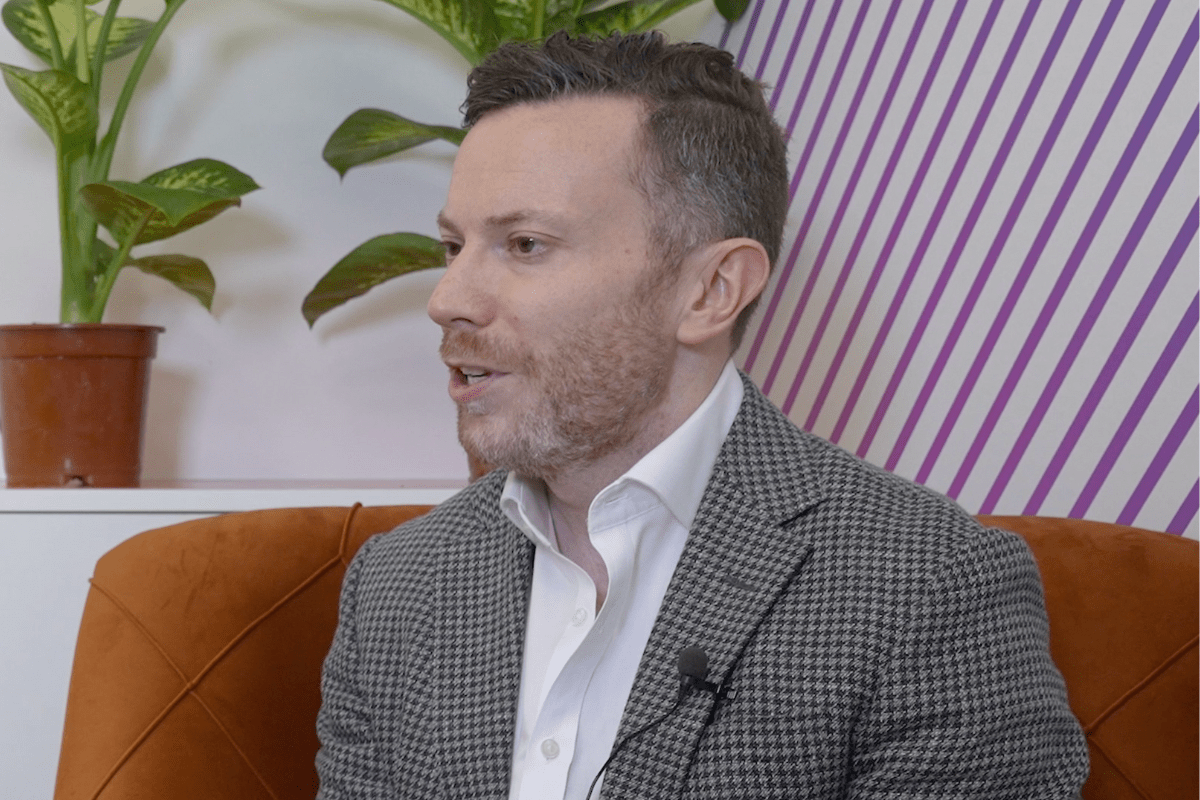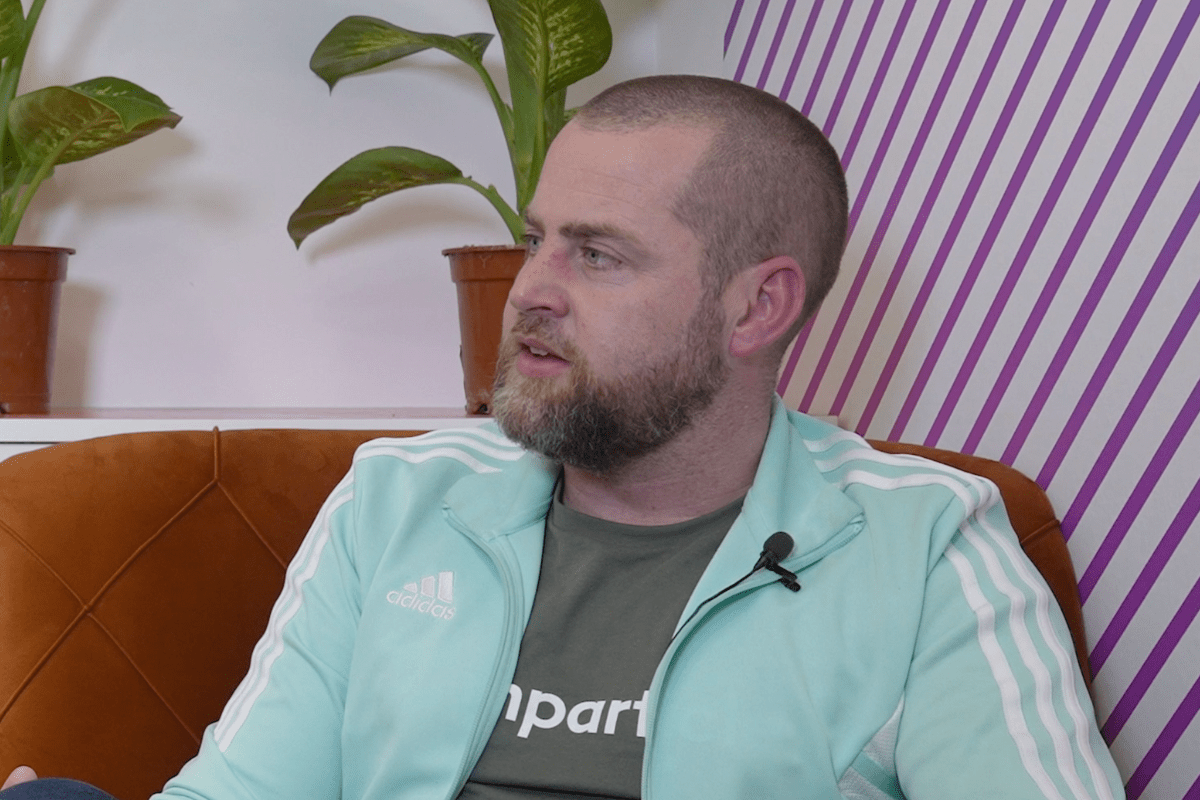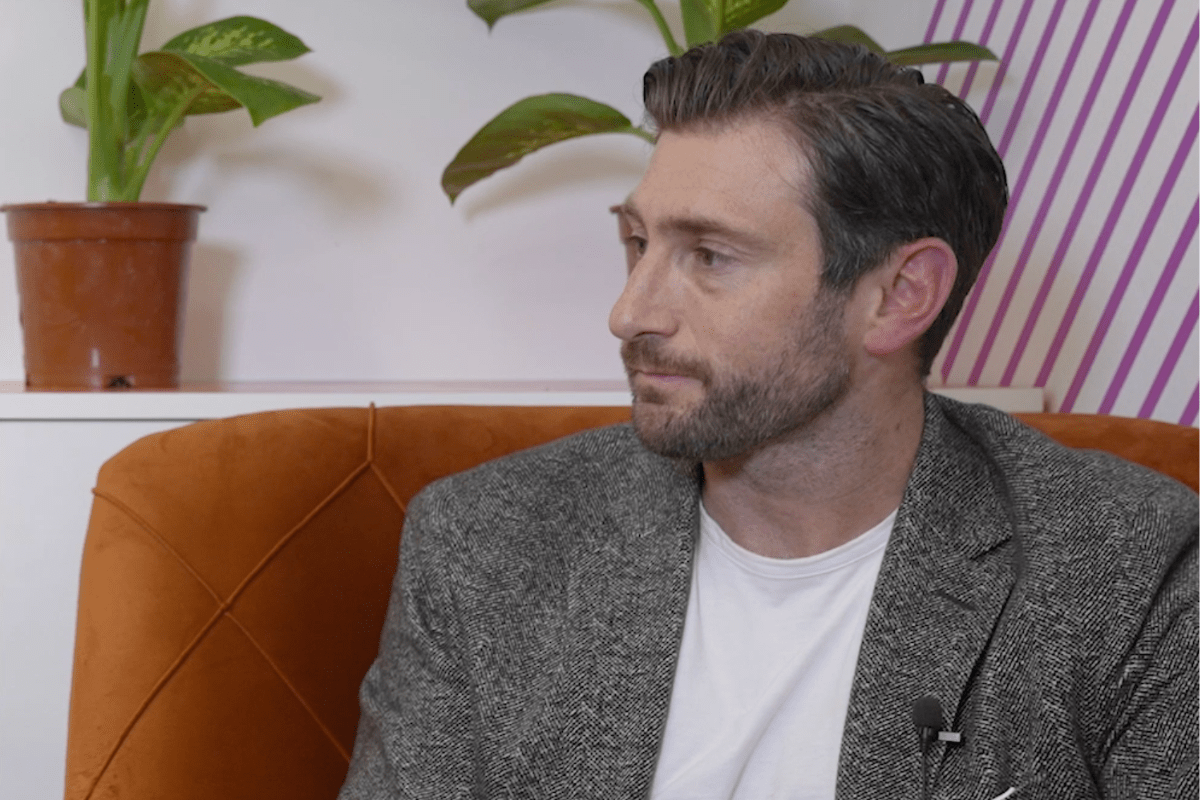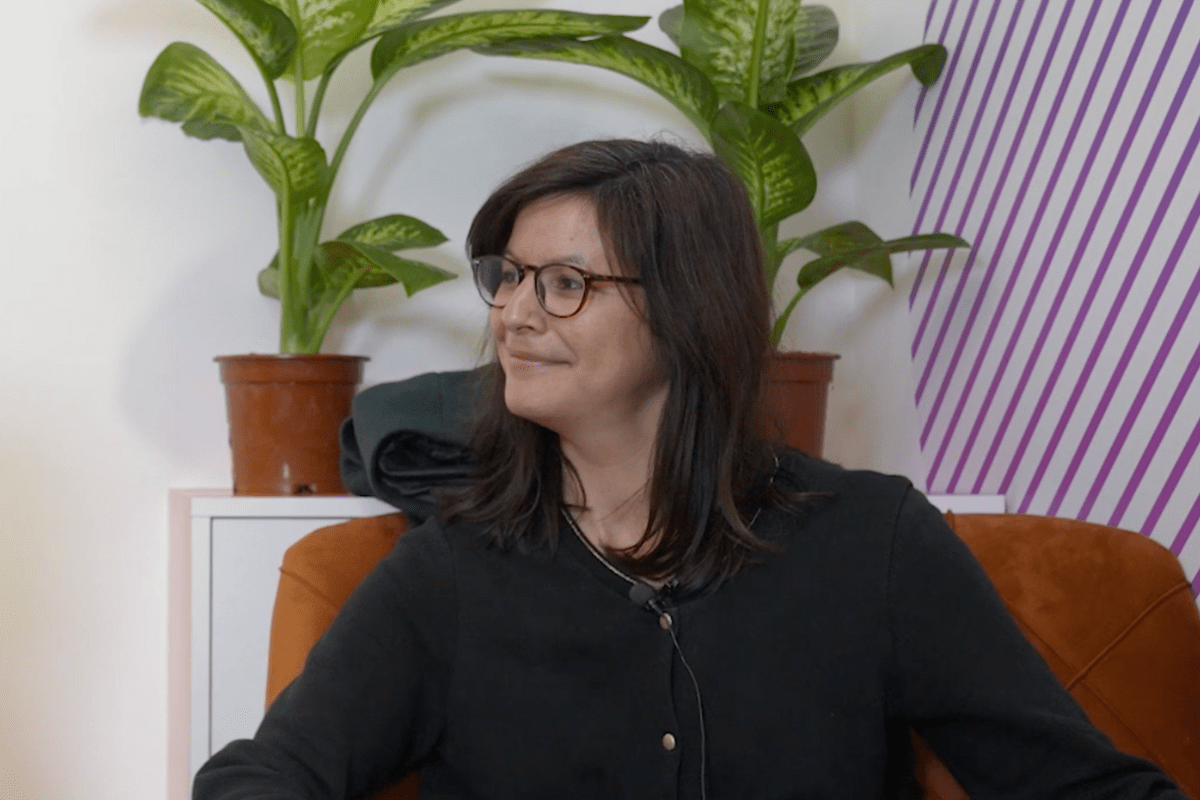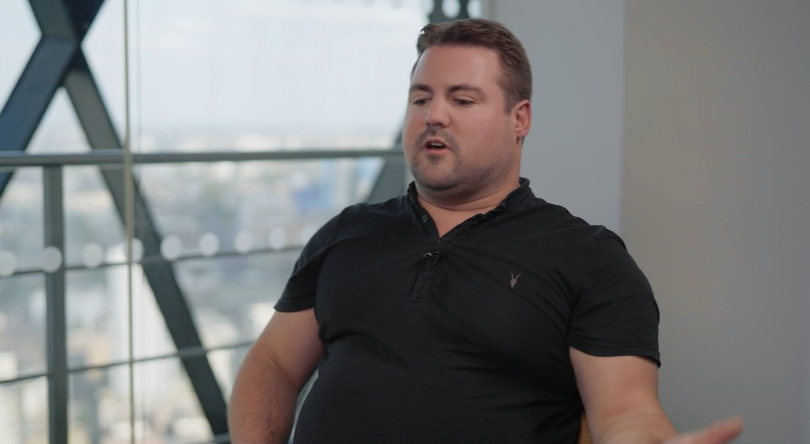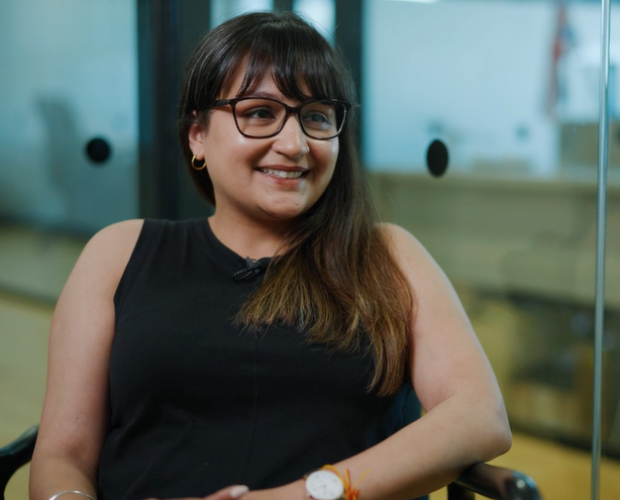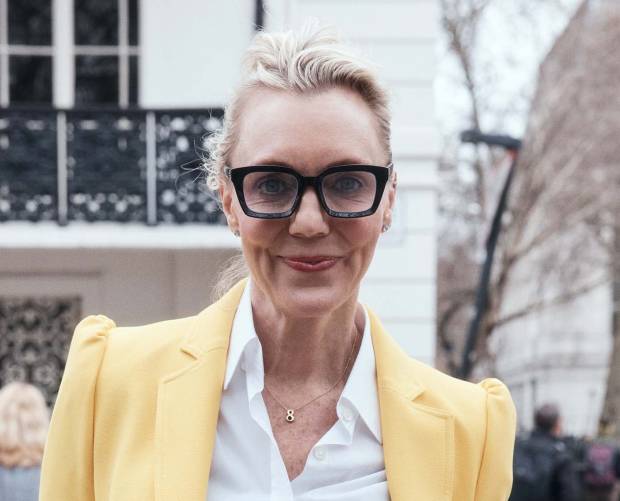Podcast advertising is really receptive and engaging: BBC talks branded podcasts
- Friday, September 27th, 2019
- Share this article:
Tyrone Stewart chats with Warren Harding, vice president Western Europe for advertising and commercial partnerships, and Hamish McPharlin, head of insight, from BBC Global News about the broadcasting giants branded podcasts and audio ambitions
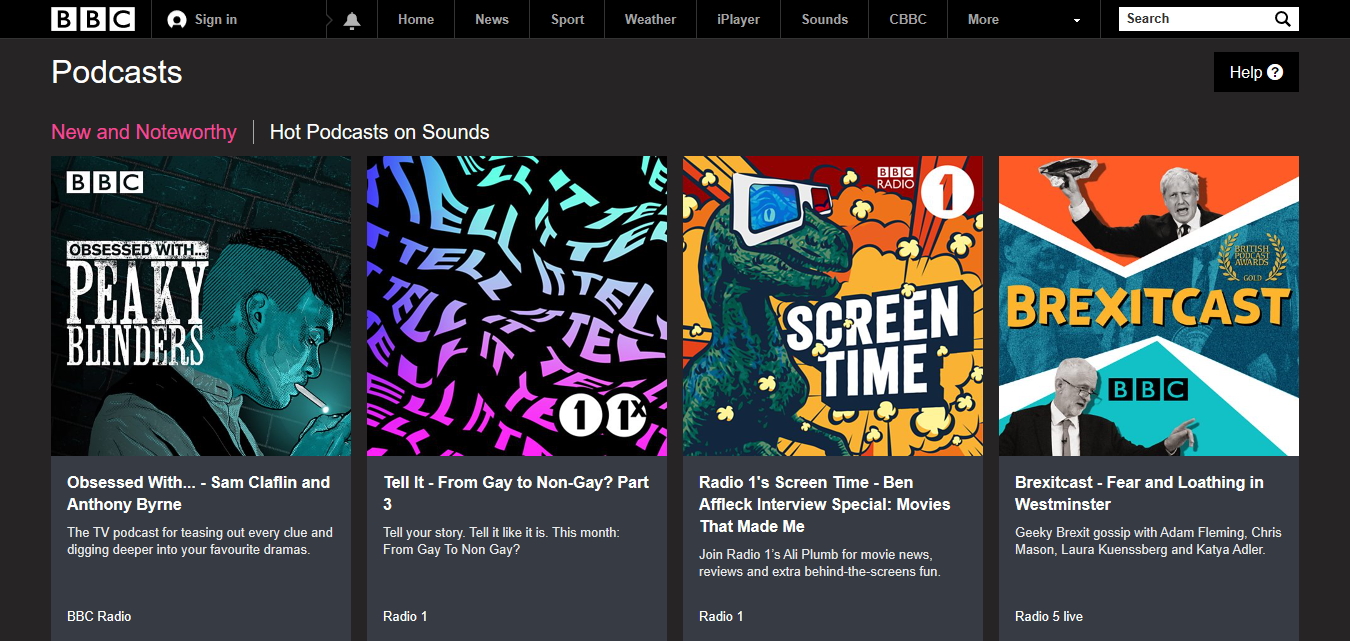
Audio – and, within that, podcasts – has grown massively over the last few years and only set to continue growing as the way that we consume media continues to evolve with new technologies and hardware.
Podcasts are set to be worth $1.6bn of global advertising investment by 2022 and are already worth almost $900m. In the UK alone, 75 per cent of advertisers will increase their investment in podcasts in the coming months.
It’s figures like the above, and some of its own research, that led the BBC to decide it was time to introduce its vast audience to advertising in the form of branded podcasts.
“We’ve been in audio a long time and it made sense for us,” says Warren Harding, vice president Western Europe for advertising sales and commercial partnerships at BBC Global News. “We use digital, TV, content, articles to speak to our audience… and I think podcasts were the next step. We have the audience there and we know the audience is engaged.”
Through its ‘Audio: Activated’ research, the BBC discovered that brand mentions in podcasts deliver on average 16 per cent higher engagement and 12 per cent higher memory encoding that the surrounding content, despite 94 per cent of podcast listeners consuming the audio while performing other tasks.
In fact, people who consume podcasts while active show 18 per cent higher engagement, 40 per cent higher emotional intensity, and a 22 per cent higher recall of the podcast than those who aren’t performing an activity while listening.
“What we wanted to do was investigate if this means podcasts aren’t an effective medium for brands because people aren’t paying attention? That’s what we had to understand. That’s the question we dedicated the study to,” explains Hamish McPharlin, head of insight at BBC Global News.
McPharlin uses the term “cognitive cardio” to describe how people continue to be highly engaged with podcasts throughout if they are active at the same time.
With sophisticated branded podcasts still being relatively young, the BBC doesn’t expect these levels of engagement to fall off for the foreseeable future.
“With podcasts, I don’t think that problem exists because of the organic, conversational, intimate nature of the medium,” says McPharlin. “It doesn’t feel like an ad. That’s now. 10 years from now maybe it will feel like an ad. I don’t know but we’ve begun this journey and it’s quite new. The existence of advertising inside the podcast medium, for now, is really receptive and engaging.”
As podcasts are still quite new in the advertising space, there are challenges around measurement. Advertisers are not able to gain information around clicks, impressions, or return on investment (ROI), among other popular metrics. However, according to McPharlin, the BBC are developing tools to track the customer journey as far as possible. At the moment, however, it’s “not really a formalised advertising vehicle”.
Other notable challenges facing the BBC are remembering to stay true to its audience but, at the same time, identifying segments of this audience that advertisers can target while speaking the language of that segment – or “tribe” as the BBC refer to it.
“I think there’s always a fine balance between a client who’s trying to achieve an objective and the BBC,” says Harding. “Our team knows the audience and understands what the audience is looking for. So, it’s about finding that perfect balance of meeting brand objectives but remaining meaningful and authentic to the BBC audience.”
The BBC’s commitment to audio goes a little further than branded podcasts. On the general podcast front, it is developing an AI-powered tool to enable podcast listeners to shorten a full podcast to a length that is suitable for the time they have available.
Meanwhile, it has recently announced its plans to launch a voice assistant called ‘Beeb’, which will launch internationally and be commercialised outside the UK. And the text-to-audio technology behind Beeb – ‘Songbird’ – will be used to enable visitors to BBC.com to access thousands of text articles as audio files.
The goal is to have all of the audio-focused developments fit into a comprehensive media plan.
“Whenever a new format comes out, there’s always that question of ‘you’re saying we need to drop pre roll video now? No more display? We’re just going to do branded podcasts now?’ And I don’t think that’s our message… The most comprehensive media plans are the ones that are diverse. You have mass messages, you have targeted messages, you have the full spectrum of reaching people under different circumstances with different levels of engagement. The point is that this is a new addition and people should seriously consider it,” concludes McPharlin.




